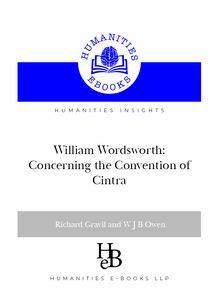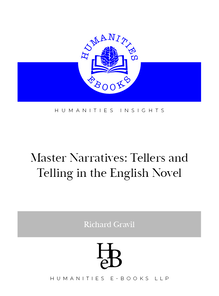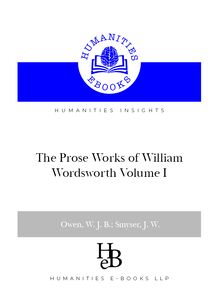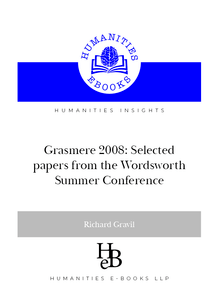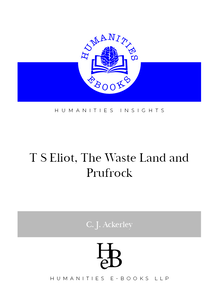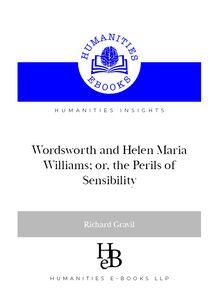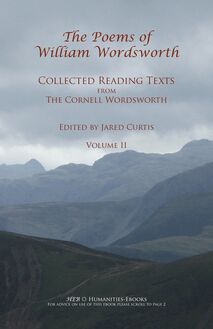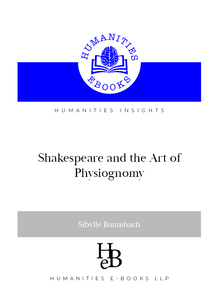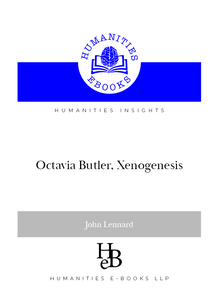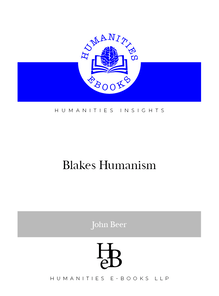The Achievement of E. M. Forster , livre ebook
174
pages
English
Ebooks
2021
Obtenez un accès à la bibliothèque pour le consulter en ligne En savoir plus
Découvre YouScribe et accède à tout notre catalogue !
Découvre YouScribe et accède à tout notre catalogue !
174
pages
English
Ebooks
2021
Obtenez un accès à la bibliothèque pour le consulter en ligne En savoir plus
Publié par
Date de parution
11 janvier 2021
Nombre de lectures
1
EAN13
9781847600035
Langue
English
Poids de l'ouvrage
1 Mo
Publié par
Date de parution
11 janvier 2021
EAN13
9781847600035
Langue
English
Poids de l'ouvrage
1 Mo
